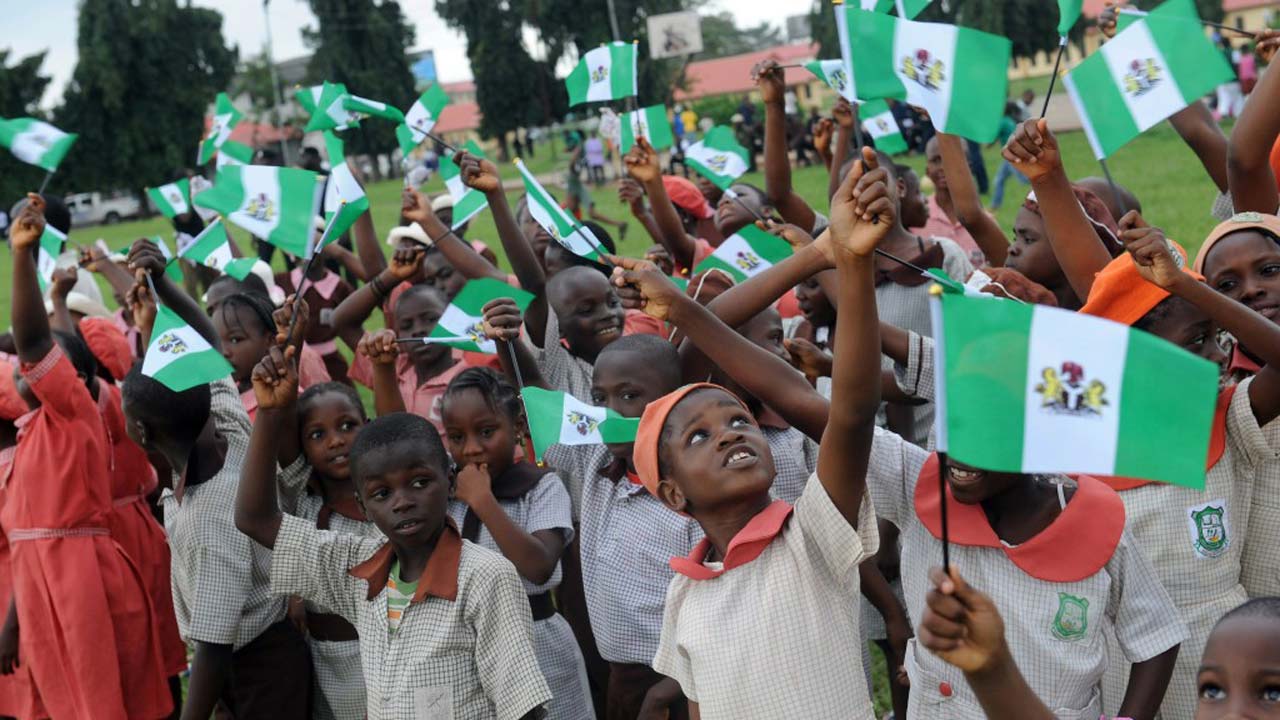The era of Muhammadu Buhari as President of Nigeria, which spanned from May 29, 2015, to May 29, 2023, has come and gone. While this is a thing of sorrow for some due to the profits they made from his administration, it is a day of unimaginable joy for others who learned that his policies and programmes brought untold hardship to the populace. Well, what Buhari did or did not do and how his administration impacted Nigerians will remain a subject of analysis for a long time. Hence the need for this article to give a retrospective view of some of the achievements or intentions of the outgoing administration. During his tenure, Buhari implemented various policies and initiatives across different sectors. His governance was said by some to be at variance with his campaign promises to tackle corruption, improve security, diversify the economy, and promote good governance. Here are some key aspects of how to remember how Buhari governed Nigeria:
Anti-Corruption Campaign: Buhari made fighting corruption a central pillar of his administration and pursued high-profile anti-corruption cases. His government-initiated investigations into alleged corruption in various sectors, including politics, public administration, and the oil industry, aiming to recover stolen public funds and hold individuals accountable. However, there were criticisms regarding the effectiveness and selective nature of these anti-corruption efforts.
Security and Counterterrorism: Buhari faced significant security challenges during his presidency, particularly in dealing with the Boko Haram insurgency in northeastern Nigeria. His administration made efforts to enhance military operations and regional cooperation to combat the extremist group. Buhari also launched initiatives to address other security concerns, such as farmer-herder conflicts and kidnapping. However, despite some progress, security challenges persisted throughout his presidency.
Economic Policies: Buhari’s administration focused on diversifying Nigeria’s economy and reducing its dependence on oil. The government implemented policies to promote agriculture, stimulate industrialization, and improve infrastructure. Buhari also sought to attract foreign investment, address corruption in the oil sector, and promote fiscal discipline through measures like the Treasury Single Account (TSA) system.
Buhari also introduced initiatives to improve infrastructure, including the revitalization of rail systems and road construction projects. However, Nigeria’s economy faced challenges, including recession, inflation, and high unemployment rates during his presidency.
Social Intervention Programs: Buhari’s government introduced social intervention programs aimed at alleviating poverty and addressing socio-economic disparities. These programs included the Conditional Cash Transfer (CCT) program, the National Social Investment Program (NSIP), and the Anchor Borrowers’ Program to support smallholder farmers.
other social intervention programs aimed at addressing poverty, unemployment, and social inequality such as the N-Power scheme, the Conditional Cash Transfer (CCT) program, and the School Feeding Program were implemented to provide support and alleviate the plight of vulnerable Nigerians. These initiatives aimed to improve access to education, healthcare, and financial assistance for the most marginalized sections of society.
Infrastructure Development: Buhari prioritized infrastructure development, aiming to improve transportation, power supply, and other critical sectors. His administration launched projects such as the construction of roads, railways, and airports, with a focus on connecting different regions of Nigeria and boosting economic development.
Foreign Relations: Buhari’s government sought to strengthen Nigeria’s relationships with other countries, particularly within Africa. The administration played an active role in regional and international organizations, such as the African Union (AU) and the United Nations (UN), and sought partnerships for trade and investment.
He actively participated in regional initiatives, such as the Economic Community of West African States (ECOWAS), and played a role in mediating conflicts in the region. Buhari also sought to strengthen Nigeria’s ties with major global powers and attract foreign investment to support economic development.
After all is said and done, Buhari is now out of Aso Villa, Nigeria’s administrative seat of power and the assessments of his governance vary, and different perspectives exist on the effectiveness and impact of his policies. Different stakeholders may have differing views on the successes and challenges of Buhari’s administration. Some have praised his anti-corruption efforts and infrastructure projects, while others have raised concerns about human rights issues, economic challenges, and the pace of reform. The impact and outcomes of his presidency are subject to different perspectives and ongoing analysis. One thing is sure, Nigerians will not forget Buhari in a hurry because people will never forget how you make them feel. Nigerians definitely felt something during Buhari’s eight years in office. Goodbye Buhari, Goodbye.


